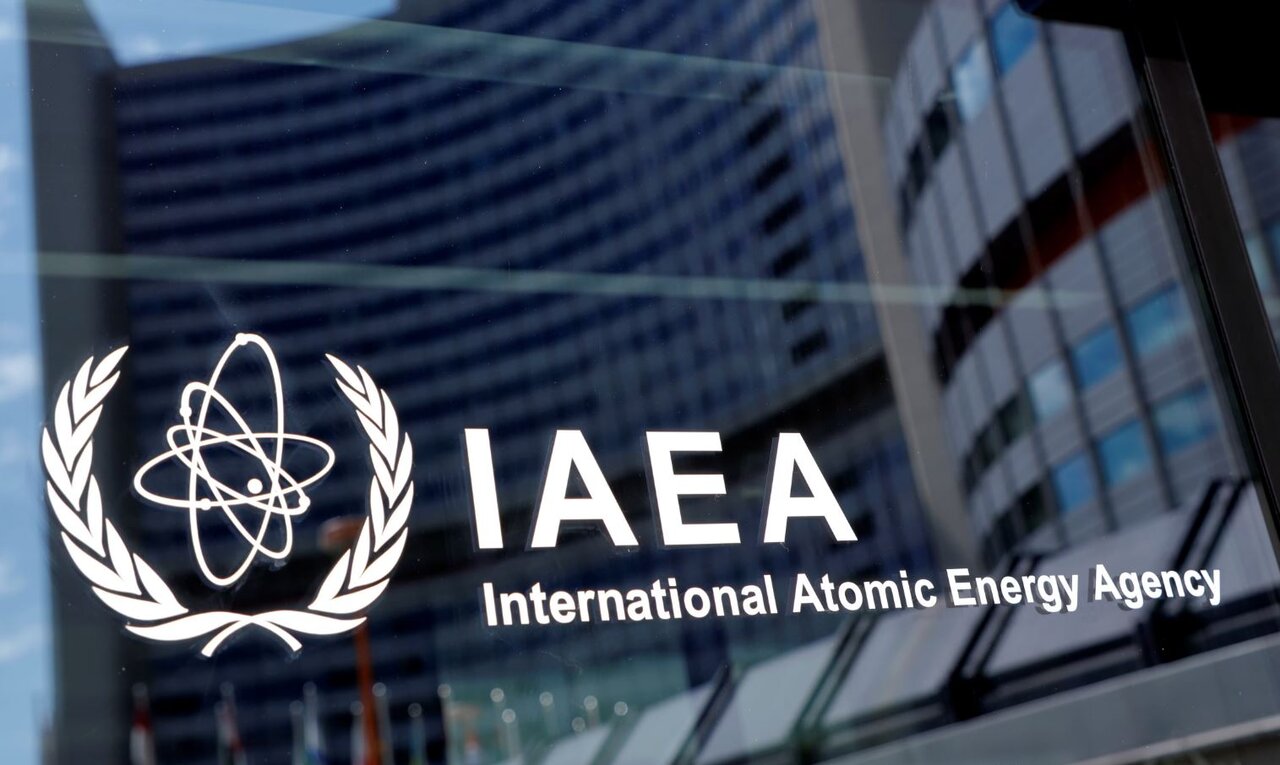Nuclear hypocrisy and the erosion of international law

TEHRAN- In recent weeks, the international community has witnessed an alarming escalation: Israel’s targeted assassinations of high-ranking Iranian commanders, academics, and civilians, followed by a public threat by the President of the United States to launch a military strike against Iran’s nuclear facilities.
These sites are essential to note, as they are subject to verified safeguards by the International Atomic Energy Agency (IAEA) and are dedicated to peaceful purposes by Iran’s obligations under the Nuclear Non-Proliferation Treaty (NPT).
These acts—and the accompanying silence from the IAEA leadership and inaction by the United Nations Security Council—signal not only a dangerous erosion of the rules-based international order but also the deepening of a double standard that should concern every nation, particularly those in the Global South.
A Report that opened the door to violence
On June 12, the IAEA’s Board of Governors adopted a politically charged resolution based on a misleading report by Director General Rafael Grossi that raised ambiguous concerns about Iran’s nuclear program without offering conclusive evidence of violations. Despite this lack of substantiation, the resolution—primarily driven by the European Troika plus the USA—was swiftly passed and warmly welcomed by Israel.
Within 24 hours, Israel launched a strike on Iranian nuclear infrastructure, citing the IAEA report and the resolution as part of its justification. In effect, an institution established to ensure peaceful nuclear development had been manipulated into legitimizing military aggression. This is not merely an institutional shortcoming—it is a grave breach of the very principles upon which the IAEA was founded.
Israel’s strike: A violation of international law
Israel’s attack on nuclear facilities safeguarded by the IAEA is a blatant violation of international law and a direct breach of Article 2(4) of the United Nations Charter, which prohibits the use or threat of force against the territorial integrity or political independence of any state.
These facilities are not only peaceful in function but are also subject to continuous international inspection. Targeting them undermines not just Iranian sovereignty—it strikes at the heart of the non-proliferation regime. It sets a precedent whereby safeguarded facilities may be treated as military targets, eroding decades of trust, diplomacy, and verification.
U.S. threats and the crisis of institutional credibility
Further exacerbating the crisis, the President of the United States has openly threatened additional strikes on Iran’s nuclear infrastructure. These threats are not just provocative—they are illegal under international law. Yet the IAEA remains silent, and the UN Security Council has failed to respond.
This pattern of selective enforcement shatters the credibility of both institutions. When powerful states act with impunity while others are held to rigid standards, the international legal order devolves into a system of institutionalized inequality.
The legal foundations are clear
The NPT, in force since 1970, rests on three foundational pillars: non-proliferation, disarmament, and the inalienable right of all parties to develop nuclear energy for peaceful purposes. Iran, a non-nuclear-weapon state, remains in compliance with the treaty and has subjected its program to ongoing IAEA oversight.
The IAEA, as established by Article III of its Statute, is mandated to verify peaceful use, not to facilitate coercion or enable military action. There is no legal or moral basis for using safeguarded information to justify threats or attacks.
Likewise, Article 2(4) of the UN Charter is unequivocal: the threat or use of force is prohibited. When a nuclear-armed state threatens a non-nuclear NPT member that is under verification, the stakes are not merely regional—they are systemic.
Silence is not neutrality, it’s complicity
Director General Grossi has a responsibility—not a diplomatic option—to defend the integrity of the safeguards regime. When facilities are inspected and attacked or threatened, the credibility of the IAEA is directly at stake. Silence in this context does not represent neutrality—it amounts to complicity. You cannot call for dialogue while ignoring militarism. Doing so undermines the agency’s purpose and the security of every state that depends on it.
The UN Security Council must fulfill its mandate
The Security Council exists precisely to respond to such crises. A military strike on safeguarded nuclear facilities risks igniting regional war and undermining the global non-proliferation regime. Failure to act sends a dangerous message to smaller nations: that legal commitments offer no protection from the political and military whims of great powers. This is not a sustainable world order—it is one based on coercion rather than law.
A moment of moral clarity
This is not solely a crisis for Iran—it is a defining test for the global community. Will we uphold the principles of sovereign equality, peaceful cooperation, and legal restraint? Or will we allow nuclear diplomacy to be hijacked by force and intimidation?
If this course continues, the NPT may not survive. And its collapse will not be the fault of weaker states—it will be because the powerful chose to abandon it first.
I call on the IAEA Board of Governors to adopt a resolution condemning all threats and acts of violence against safeguarded nuclear facilities, irrespective of the perpetrator. I call on the UN Security Council to reaffirm that international law applies to all nations, not only to the weak.
And I urge scientists, diplomats, and citizens everywhere to raise their voices. Because in moments like these, silence becomes complicity.
In a fragile world, we cannot allow law to be replaced by power, or diplomacy by fear.
About the Author: Abbas Akhoundi is a former Iranian minister and professor of political economy with a focus on international law and governance.
Leave a Comment